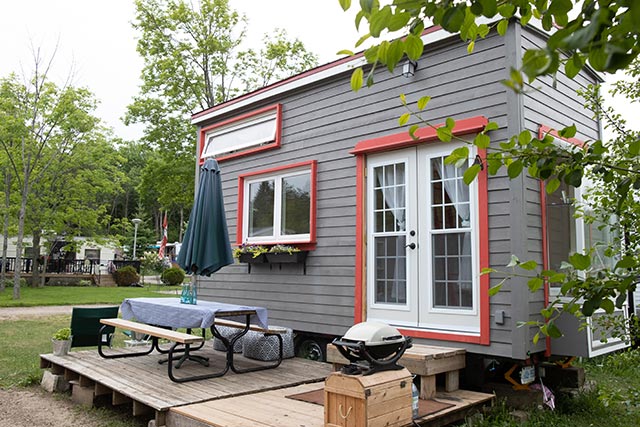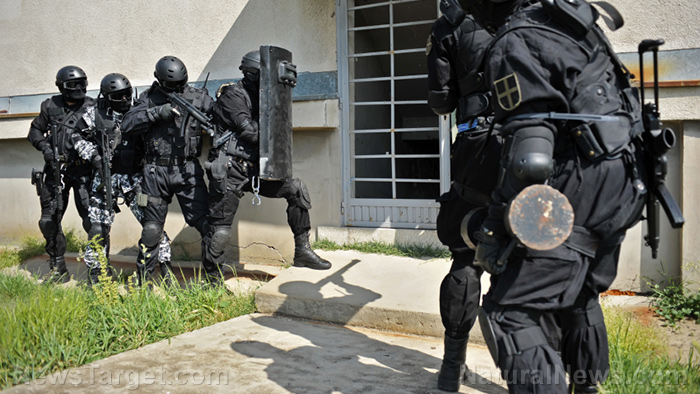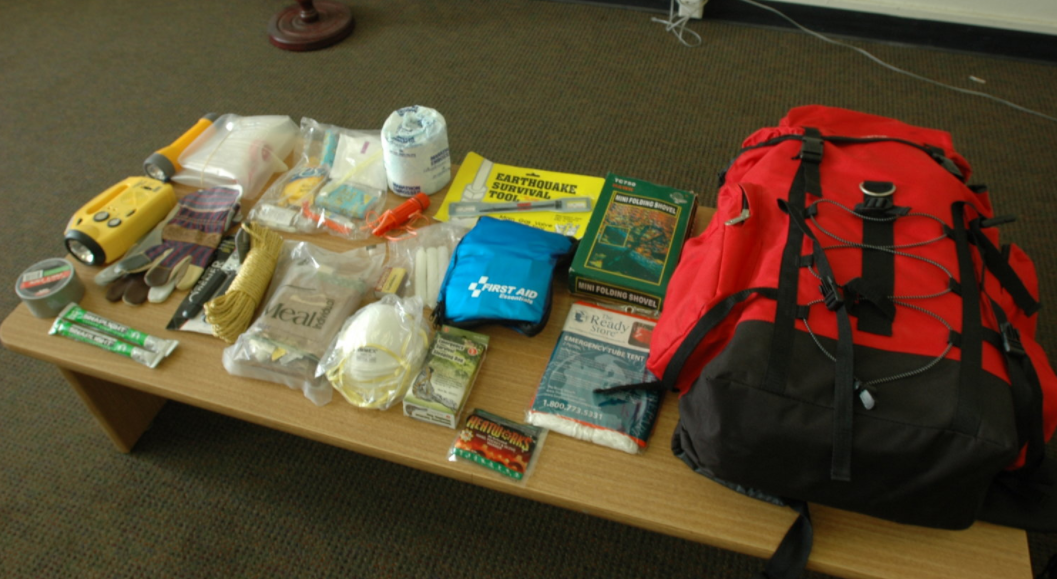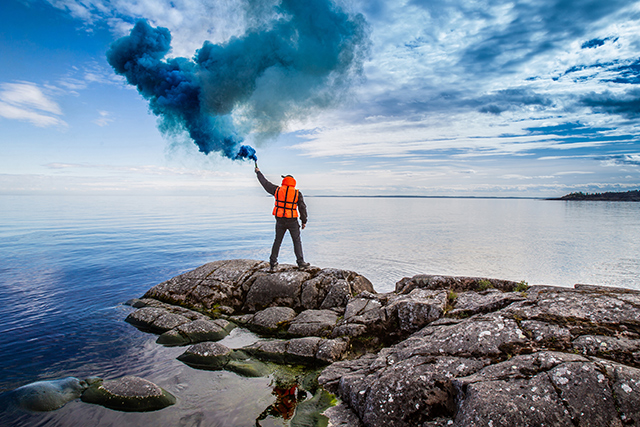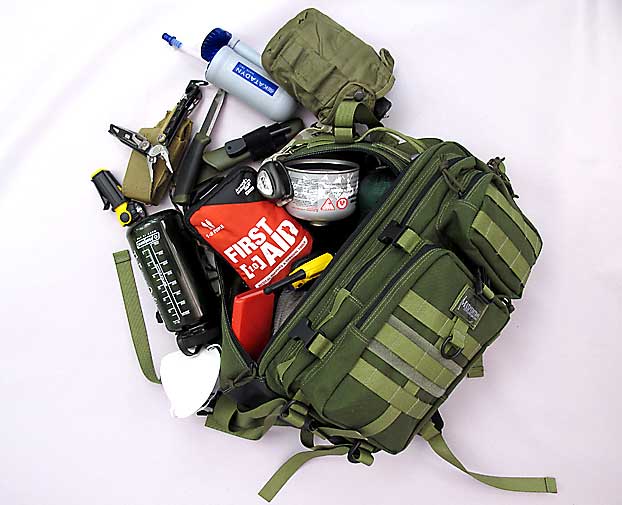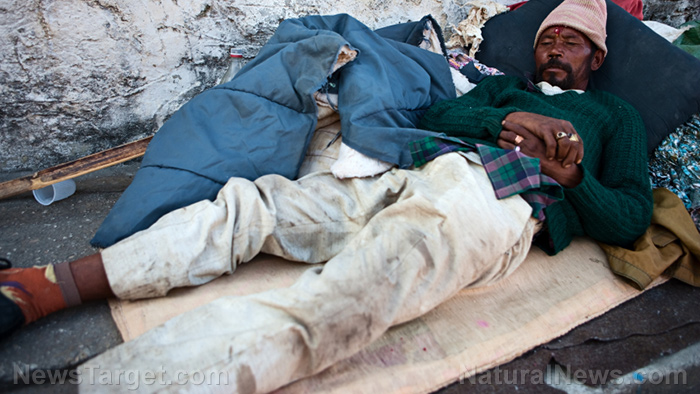6 Survival skills you need in the wilderness
09/04/2018 / By Jhoanna Robinson

No one knows what the future may bring, and no one can ever anticipate the occurrence of an emergency situation. However, if you are planning to seek solace for a weekend of want to enjoy the simplicity in the forest, it pays to be prepared before you embark on your journey. Here are some of the simplest survival skills that you need to learn to get out of an unfortunate situation in the forest. (h/t to SurvivalLife.com.)
- Finding and purifying water – Looking for potable water in the middle of the woods is like looking for a convenience store on a beachfront – it’s hard, unless you know where to look. The most popular sources of water in the forest come from springs, morning dew, ponds, and streams. You’re not sure though, if water from them is clean? You better purify it, just in case – do it via heating or via chemical treatments. Also, you can get rid of pebbles and dirt from the water by using two glasses and a piece of cloth to strain it. You might also want to pack water-filtering straws so that they can be used for situations like this.
- Building shelter – In order not to succumb to the challenges of the elements – for instance, the pouring rain, the blistering sun, a pack of hungry wolves – you need shelter over your head. Build a makeshift tent/camping site with the use of sticks and leaves or dig a hole and cover it with a few branches. Use a blanket to warm yourself at night; in the absence of that, you can use leaves and pine boughs.
- Building fire – The factors to consider when building a fire are tinder, fuel, oxygen, and a spark. It’s understandable that sometimes gas is not readily available in the forest, but you should have packed waterproof matches or a waterproof lighter for your camping trip. It is also preferable if you have packed a flint and steel set. Other items that can cause a fire are batteries (the electric spark from it) and gun powder from a bullet.
- First aid readiness – The forest is a place where you can be exposed to a lot of dangers – and a lot of injuries. You are vulnerable to accidents and to things that go boom in the night. You should have knowledge of the basic treatments and be prepared to have medication for spider and animal bites, hypo/hyperthermia, bone fractures, burns, heart attack, hemorrhage, snake venom, sprains, and various wounds. It is very possible for a person to die from one of these, so knowing how to give first aid is always important.
- Navigation – Finding your way in the wilderness is important as to alleviate the feeling of being lost, and the feeling of hopelessness. Before you take your trip, you should have learned how to use the stars and read the rays of the sun to tell which way is north, west, east, or south. Other ways to find your way include GPS (global positioning system), natural vegetation, or dead reckoning, which is the process of determining one’s present position by using a previously determined position, and advancing that position based on known or estimated speeds over elapsed time and course. This latter method may not be necessary, however; today, watches are already equipped with compasses and mobile phones have GPS.
- Finding sources of sustenance – It’s fortunate if you remembered to pack hunting tools like a makeshift trap or hunting guns, before you went on your trip. This is where your improvisational skills come in. Making a trap using the materials of the forest or fishing with a hook and a line on a river or stream might be necessary. A knowledge of poisonous and non-poisonous plants can also help when you forage for food in trees and shrubs. (Related: Brush up on your bushcrafting – wilderness survival.)
Your life, while you’re in isolation or are stranded in these parts, will depend on how well you rise to the challenges that you will encounter while you’re in this unfortunate situation. However, you may not worry as much if you are prepared. It is important to be prepared for any eventuality wherever you go, especially if your loved ones’ lives and your very existence, are at stake.
The first 72 hours that you get lost are very crucial – you need to exhaust all your knowledge towards surviving this period of time, for statistics show that lost people are usually found within this period of time. Remain calm and plan your actions.
Read more stories on wildlife survival at Preparedness.news.
Sources include:
Tagged Under: accidents, emergency preparedness, first aid, navigation, preparedness, survival, water, waterproof



